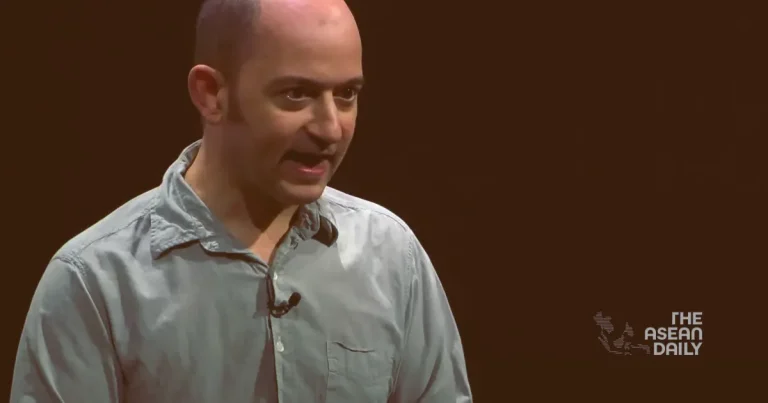26-9-2024 (CALIFORNIA) Google has inked a $2.7 billion agreement with Character.AI, a burgeoning artificial intelligence chatbot startup. While the official narrative suggests a straightforward licensing arrangement, insiders paint a more complex picture, one that revolves around a prodigious former employee.
According to a recent exposé in The Wall Street Journal, the deal’s primary motivation was to facilitate the return of Noam Shazeer, a 48-year-old AI virtuoso who departed Google in 2021 following a disagreement over the public release of an AI chatbot he had developed.
Shazeer, one of Google’s first hundred employees, had quickly established himself as a titan in the AI realm. His 2017 paper, “Attention is All You Need”, co-authored with seven other Google researchers, introduced a groundbreaking deep learning architecture. This seminal work has been cited over 100,000 times, cementing Shazeer’s status as a pioneer in modern AI.
The engineer’s LinkedIn profile boldly proclaims, “I have invented much of the current revolution in large language models”, a testament to his significant contributions to the field.
In 2021, prior to the advent of OpenAI’s ChatGPT, Shazeer and his team at Google had developed an AI chatbot capable of engaging in conversational interactions. Despite their entreaties, Google repeatedly declined to showcase the technology publicly, leading to Shazeer’s resignation and the subsequent founding of Character.
Over the next two years, Shazeer built Character into a formidable player in the AI arena, securing over $150 million in funding and achieving a valuation of $1 billion by March 2023.
The August agreement between Google and Character has not only brought Shazeer back into the Google fold as part of the DeepMind research team but has also reportedly netted him a windfall in the hundreds of millions of pounds.
This strategic move by Google mirrors recent trends in the tech industry. In late August, Amazon struck a similar chord, entering into a non-exclusive licensing agreement with AI robotics startup Covariant, which included bringing on board Covariant’s co-founders and select employees.




